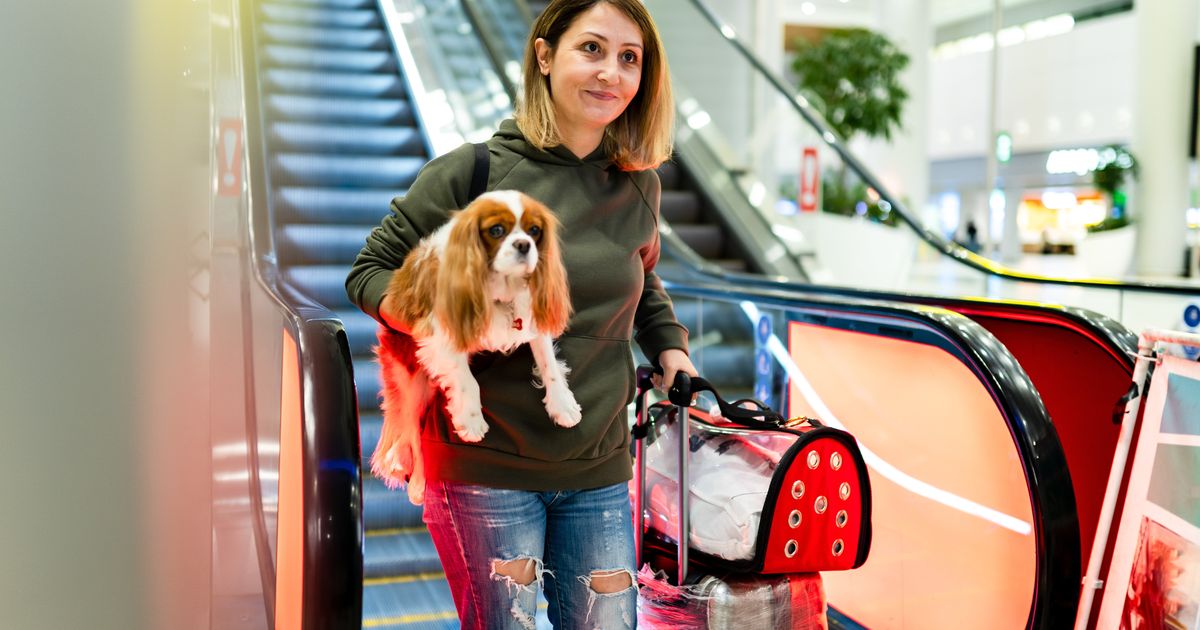Going on a vacation is a great way to take a break from the stresses of everyday life and recharge while exploring a new place. For pet owners, however, travel can present a different sort of challenge.
“We’ve all seen people on vacation watching videos of their pets at boarding or with family members,” Dr. Danielle Bernal, the global veterinarian at Wellness Pet Company, told HuffPost. “Today, our pets are very much part of the family. Choosing a pet-friendly destination is a great way of spending more time with the ones we love.”
In addition to removing the sadness of missing your pet, taking them with you on vacation can lead to discovering places you might not have otherwise visited, like a gorgeous local hiking trail or dog beach.
“Bringing our pets with us on vacation is a great way of meeting new people, having a fun topic of conversation and maximizing social interactions, which can help minimize loneliness and support our mental health,” Bernal said. “Bringing your pet with you is also a wonderful reason to get outside, get some fresh air and stay active, which is proven to improve your mood, sleep and mental health.”
But traveling with your pet is hardly guaranteed to be a smooth experience, particularly if you make certain ill-informed decisions. To help keep issues at bay, HuffPost asked pet experts to share the most common mistakes people make when they take their furry companions on a trip with them ― and some advice for avoiding these missteps.
Not Planning Ahead
“One of the biggest mistakes is not planning the trip with your pet in mind,” said Erin Askeland, an animal health and behavior consultant at Camp Bow Wow. “This includes failing to research pet-friendly accommodations, not checking airline or transportation regulations, and not considering the specific needs of your pet during travel and any situation that may arise.”
Make sure to familiarize yourself with the relevant travel regulations for pets, including airline and train policies and requirements for crossing state or international borders. Also, pay special attention to the rules around vaccinations, quarantines, health certificates and extra fees.
“Import requirements for other states and countries vary and often require research and time to get the pet ready to meet those requirements,” said Dr. Jessica Bell, an associate professor with the veterinary teaching hospital at Washington State University. “Hawaii requires rabies vaccines, rabies…
Click Here to Read the Full Original Article at Travel…
